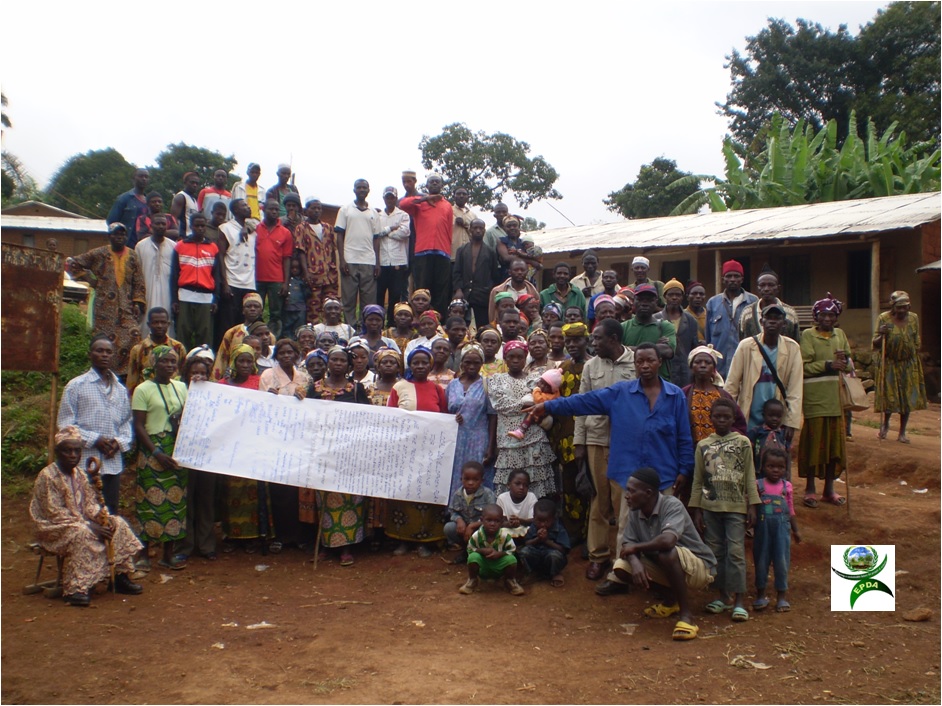
Water
“Promoting and ensuring the survival and growth of low-income communities through adequate and safe water supply”
Everyone has the human right to safe drinking water. This is reflected in the life and stability of any society around the world be it in rural or in urban setting. Water is essential for life and support the universal environmental system. When communities lack access to clean water, it affects their health, nutrition, and development abilities, thus impacting many aspects of their lives.
Young people (especially girls), women and persons living with disabilities (PWD) are particularly impacted by water scarcities.
EPDA’s Response
EPDA’s plan for safe and sustainable water services for all is laid out in our strategic plan. This guiding document outlines key objectives and approaches to accelerate our efforts towards safe and sustainable water services, with a focus on reaching young people, women and families in their communities especially those that are underprivileged or not reached with water services.
Increasing access to water supplies requires more than just building infrastructure. EPDA is working to address safety, quality, accessibility, reliability and sustainability to meet our goal of water services for all and defined in the Sustainable Development Goals (SDG) number 6 by 2030.
Access
To address key issues of accessibility, EPDA works community water structures, collaborators and focal points as well as stakeholders at regional, divisional, sub-divisional and village levels systems to identify gaps especially those still left behind. We also work to identify water points and sources and assess state of development for possible actions.
Applying this approach, we help water partners to move towards water services that are safe, sustainable and able to withstand extreme weather events (climate change), conflict and natural disasters. We work to improve water access in households as well as in institutions, particularly health-care facilities and schools.
Safety
EPDA is putting in a lot time and resources to ensure the safety of water through water treatment technologies in localities where we intervene including in households, to ensure safe storage and chemical removal of germs, and ultimately decrease the risk of contamination. We do so by partnering with donors and experts to ensure that we achieve our objectives.
We promote water safety plans so that communities can identify threats to quality, and support institutions and water committees in developing quality water data and surveillance systems in their localities.
Sustainability
EPDA works with community participation in setting water service and management standards in order to ensure accountability and transparency in the water sector. Our work with service providers and local water committees helps to clarify roles and responsibilities, establishing accountability with clear service delivery models (local water governance). We also help our local government authorities and decentralized organs with policymaking, capacity-building, water source mapping and sector-wide sustainability checks.
Peace Education
In most communities (rural and urban), water shortages and public discontent over water equity and sharing (rationing) create serious conflicts between water management groups and users. Most often, gender arrangements in the management of community water also triggers many discontent and establish conflicts.
EPDA works with community participation in setting water service that mainstream gender participation and roles in water management. Encourage the spirit of working together and recognition of skills. EPDA works to understand nature of conflict associated with community water supply, develop conflict transformation mechanisms and engage parties in basic community peace education providing water capacities and gender mainstreaming in water management.
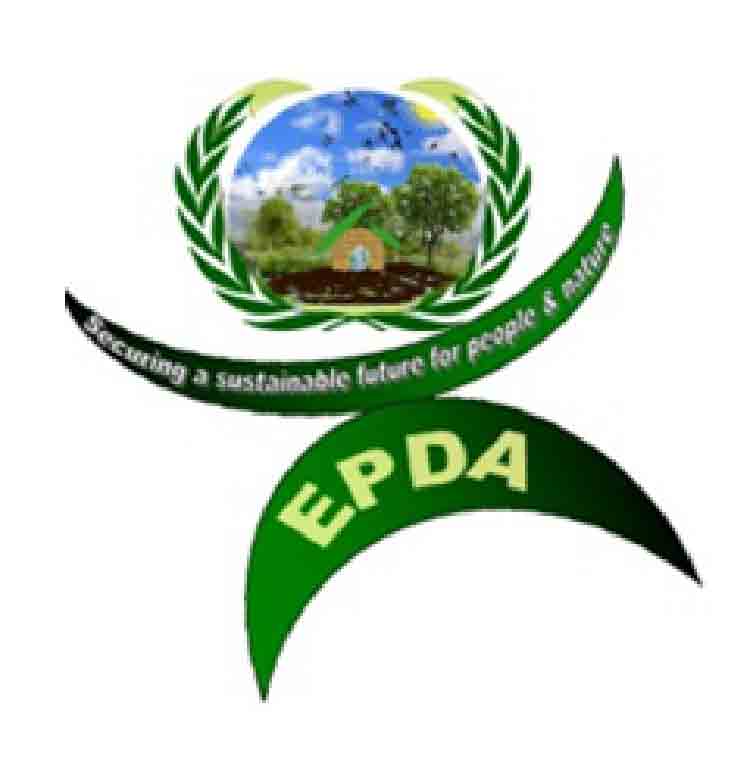
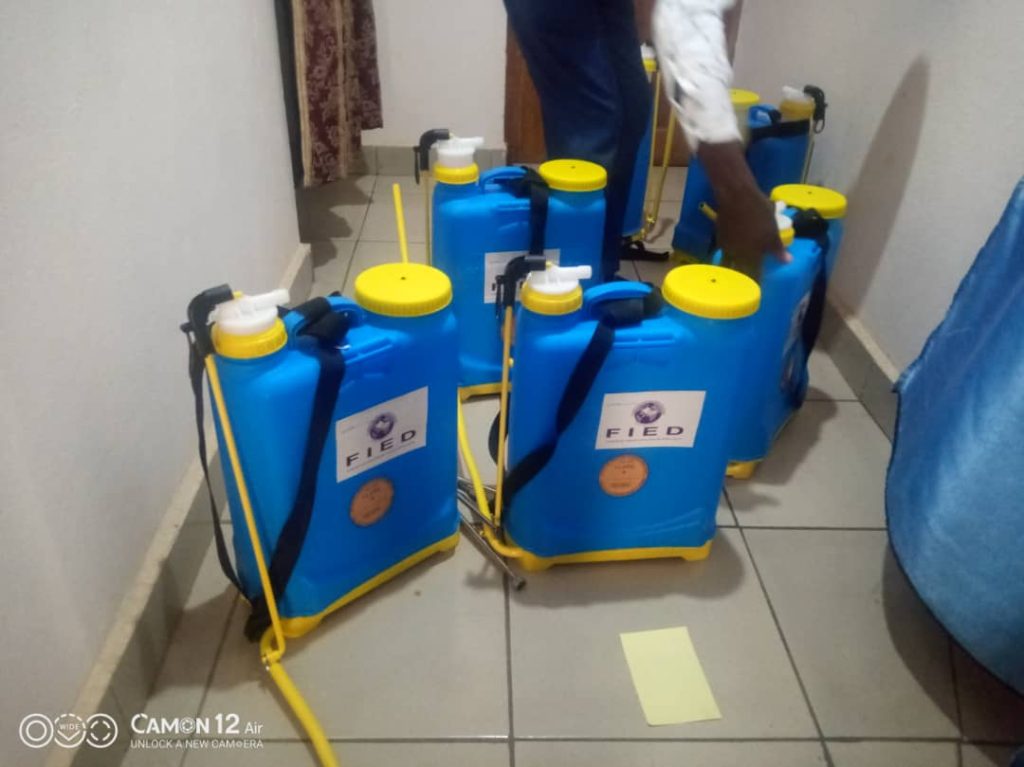
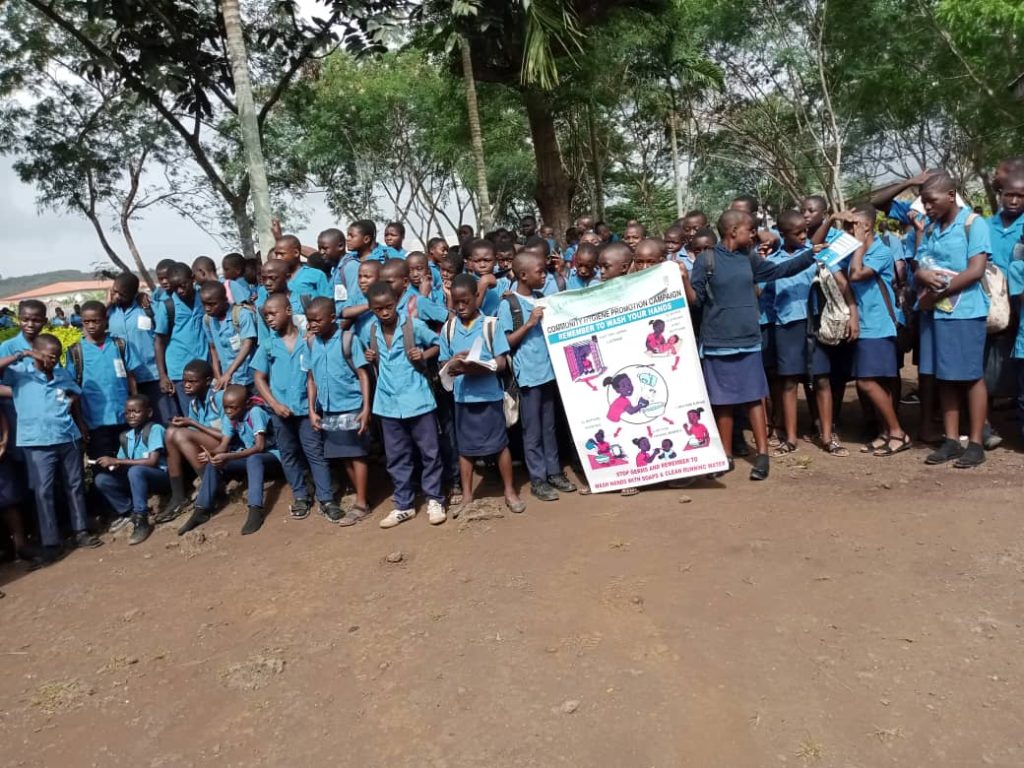
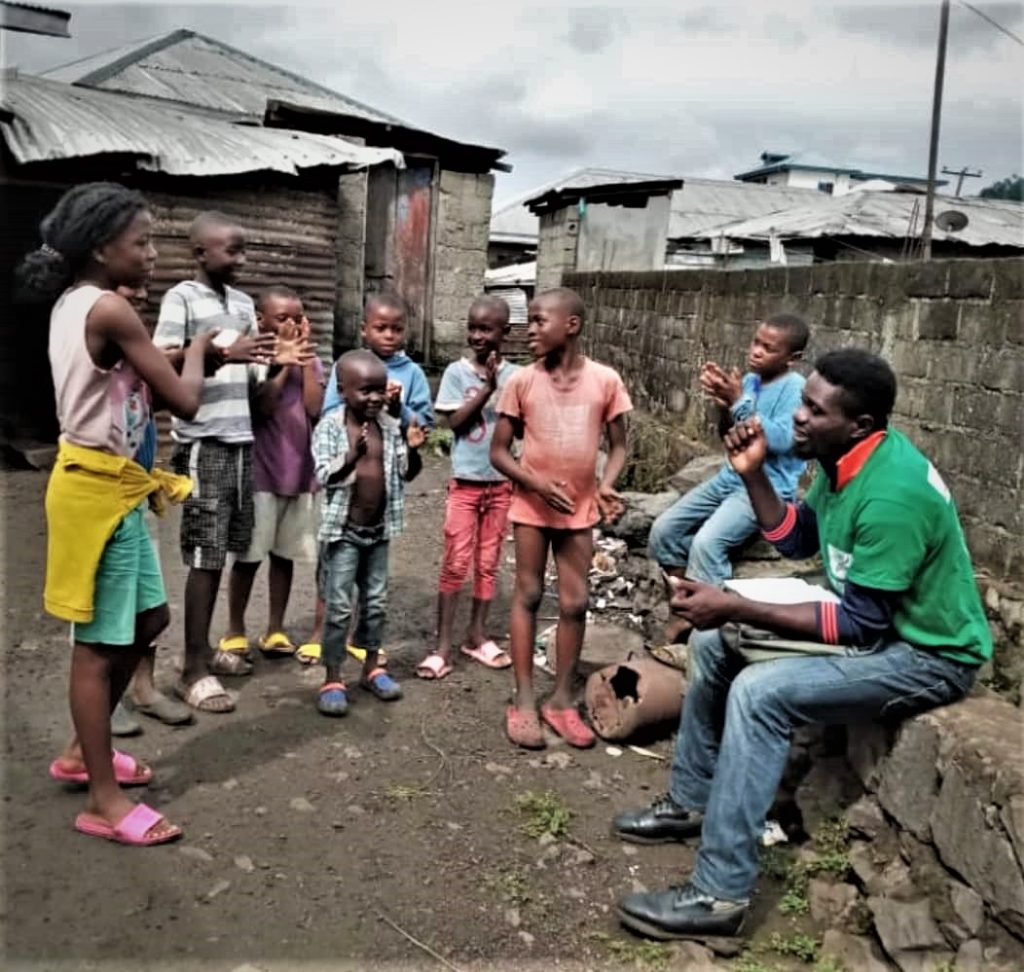
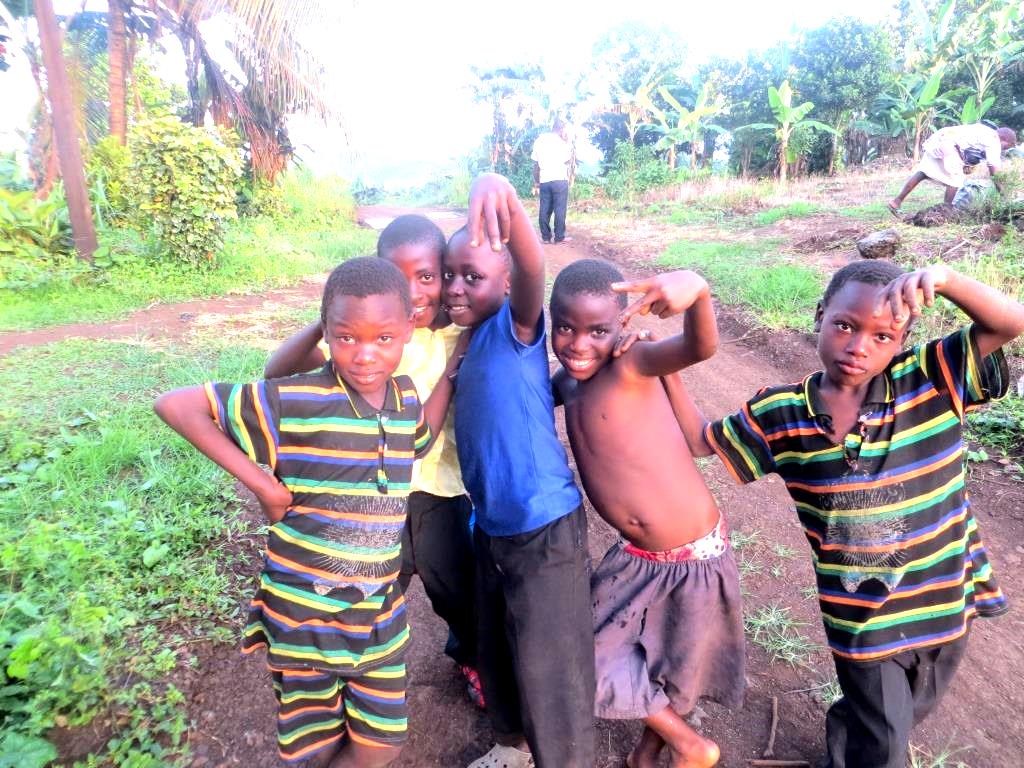


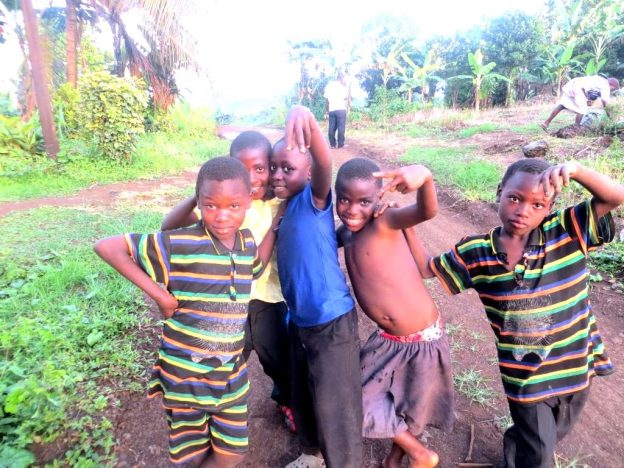
Responses